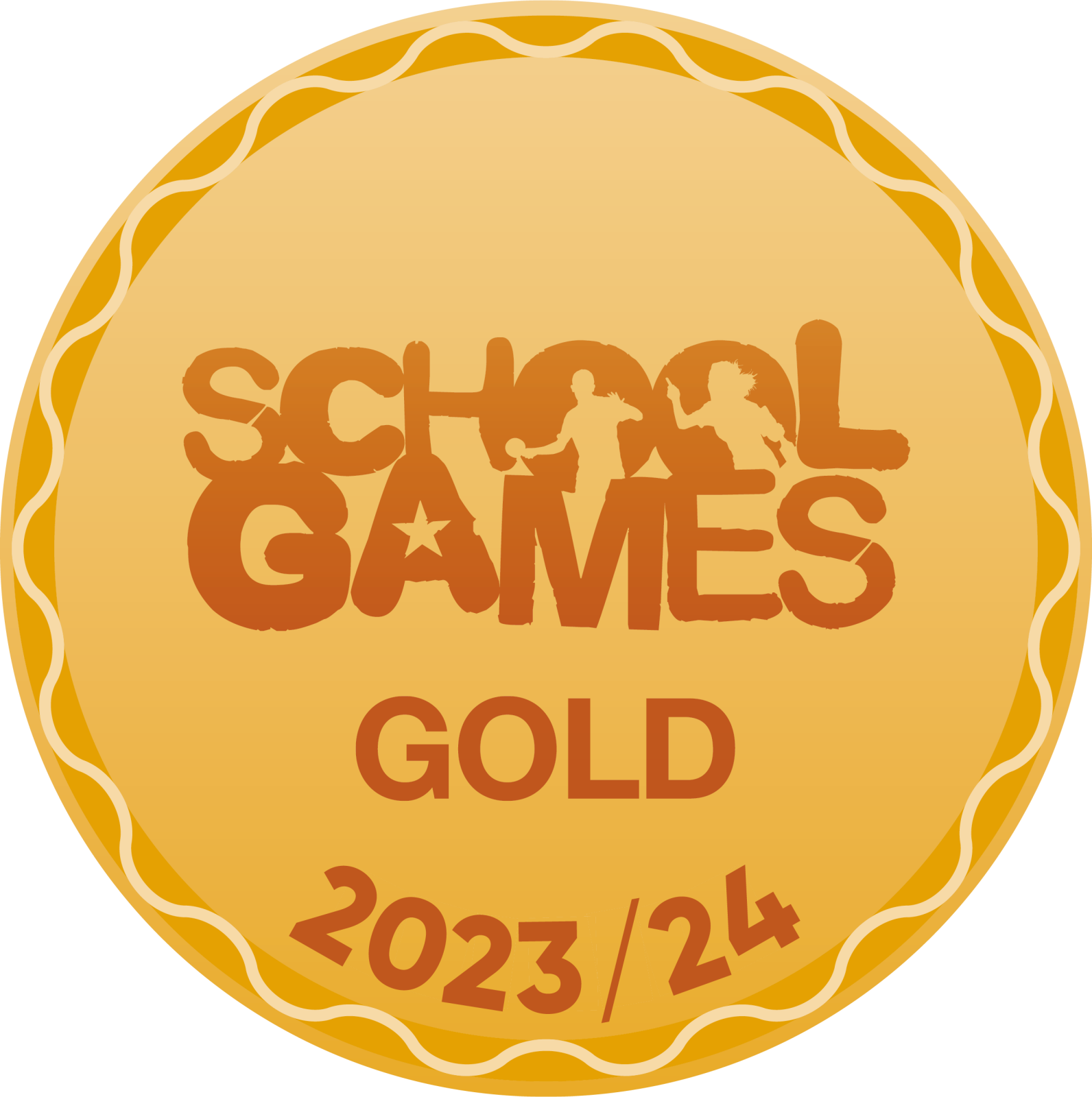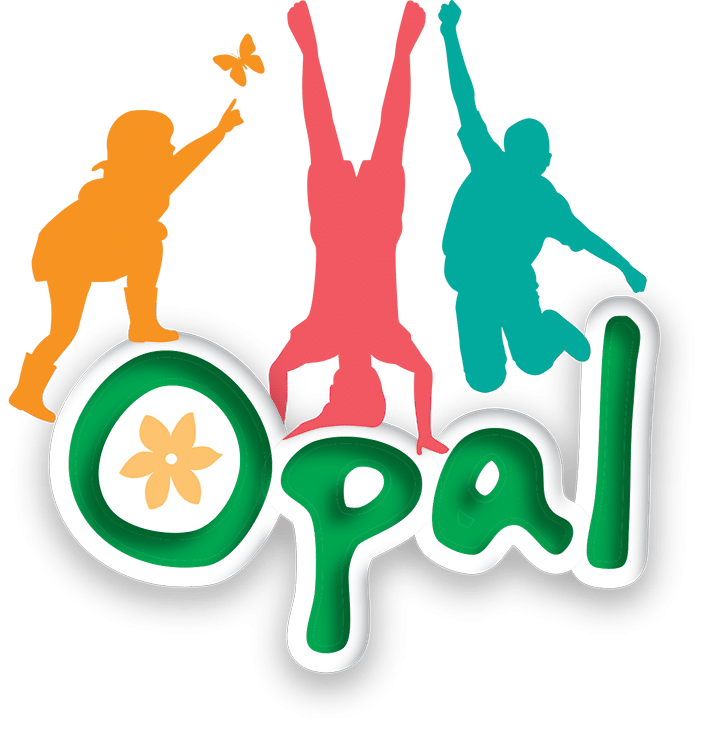Reading
Reading is an extremely important skill. The very carefully planned teaching that we provide in school must be supported by plenty of individual practice at home. We have a well-stocked library for KS2 and reading areas with a wide range of books for KS1 and Early years children. We also have an award-winning Book Swap Shed available to all children before and after school. These provide access to a wide variety of texts to suit all abilities and interests. Parents can support and encourage their children by reading with them at home daily and signing the diary. Across the school the children compete in the Big Reading Challenge, where they compete each week, as a class, against others to win not only the big reading trophy but a whole class prize.
We teach reading through a combination of meaning, structure and visual information, using phonics as a primary skill for beginning to read. We have combined a range of commercial reading schemes, phonically decodable books and ebooks as well as real books which are colour banded to ensure progression. Teachers monitor the children regularly within daily reading sessions. Book Talk ensures active engagement in discussion about texts in order to promote comprehension.
Helpful Tips with Reading
Pink Level
Please share these books with your child
Book language is different to how we talk so children who have lots of books read to them find learning to read easier.
Make it a cosy and fun time!
Use the pictures and story to talk about the book with your child:
Ask questions like:
- I wonder what will happen next?
- My favourite part is….What is yours?
- Why does the dog look so sad?
It will help your child if they point to the words.
If your child gets stuck on a tricky or unusual word, tell them what it is.
Read this book with your child a few times over several days. Reading familiar books will help them get better at reading.
Talk about the book and ask them questions.
After the story, ask your child to point to:
- A word
- A capital letter
- A letter
- The first letter in a word
- The last letter in a word
- A full stop
It is fine to show your child if they do not know.
Ask your child to choose a favourite page. Read it slowly to your child and ask them to point at the words as you read, or point to the words together.
This helps your child to know that we read from left to right. It also helps them match the words that you say to the words on the page.
Help your child to…..
- Sound out the words: b-i-g
- Listen to him/herself and notice their mistakes.
- Try not to focus on every mistake.
Go back to a few trick words and say things like:
- “Does that word look right?”
- “Does that make sense? Have another go”
- “Lets read it again together and sort it out.”
- “yes! It looks right and it makes sense.”
Red Level
Your child will be able to read this book.
Make it a fun time!
Remember, if your child gets stuck on a tricky or unusual word, tell them what it is.
If your child gets stuck on a word that can be sounded out, run your finger under it and sound it out together.
Talk to your child about what these mean:
“ ” ! ?
Talk together about the book.
Good readers at Red Level will:
- Sound out words
- Listen to themselves and notice some mistakes.
- Correct some of their own mistakes.
- Re-read to have another go at a tricky bit.
At the end of the book, show your child one or two of the good things they did. Go back to the page and copy what they did.
Did you know that to become a good reader most children need to read 600-1000 words a week!
Yellow Level
Your child will be able to read this book.
Remember, if your child gets stuck on a tricky or unusual word, tell them what it is.
If your child gets stuck on a word that can be sounded out say “try to sound it out,” or sound it out together.
You can also ask your child to repeat the sentence. Say: “try that again….what would look right and make sense?”
The language of books is different to the way we speak so talk about the book.
Remember reading with tour child 3-4 times a week will help them be a better reader and a happier pupil.
Your child will now be able to:
- Sound out words in different ways.
C-a-t, fl-a-t,
k-ing, using chunks of the word.
- Listen to him/herself and notice their mistakes
- Understand the book and talk about the main ideas.
Re-read to have another go.
Blue Level
Your child will be able to read this book.
Remember, if your child gets stuck on a tricky or unusual word, tell them what it is. If your child gets stuck on a word that can be sounded out say “try to sound it out,” or sound it out together.
Use fingers or two pieces of card to chunk letters in tricky words.
With longer words, try to sound them out together in chunks.
Win-dow
At Blue level your child will be able to:
- Sound out words in different ways: win-dow, fl-at, hos-pit-al.
- Listen to themselves and notice their mistakes.
- Correct their own mistakes.
- Re-read to have another go.
- Understand the book and talk about the main ideas.
- Start to read in phrases so that it sounds like talking.
Reading 3-4 times a week for 10 mins will help your child become a good reader.
Green Level
Children need to read 600-1000 words per week to become good readers. Read together 3-4 times per week for 10 minutes each time. Good readers usually enjoy school and have more confidence.
If your child gets stuck on a hard word, ask them what they know about the word that would give them a clue. If after a couple of attempts they are still struggling tell them what the word is.
Books at Green level have longer sentences and more characters in them. Talk about the story and help your child to understand the meaning of unfamiliar words.
At Green Level your child will need to sound out words in chunks, because the words are longer.
Children on Green Level try to read in phrases rather than “word for word”. Reading in phrases makes reading sound like talking so we understand books better. To help your child read in phrases try reading one page and your child reads the next. Your child may copy how you read!
Encourage your child to read without a finger, unless he or she gets stuck. Say:
“Read with your eyes. Just use your finger if you get stuck”
Orange Level
Make reading time a happy time!
If there are hard or unusual words in the book, tell your child the word, and what it means.
Books on orange level have longer words with 2/3 syllables in them like:
Hospital, pancake, darker
You may need to help your child read these in bits, because sounding out longer words letter by letter will not be the best way.
Use your finger to break the word into its parts.
Con/test, an/i/mals.
“Say, clap and look,” will help. Ask your child to say and clap the word, and you show him how to chunk it with your fingers.
Your child should:
- Sound out words in different ways
- Listen to themselves and notice mistakes.
- Correct their own mistakes.
- Re-read to have another go.
- Understand the book and talk about the main ideas.
Read in phrases so that it sounds like talking
Ideas to help with comprehension.
- Create and ask questions for each other as you read the story together. Good comprehenders can not only answer other people’s questions, they ask their own as they read.
- Read to your child and make deliberate mistakes. Can your child spot the mistake?
- Think of a new title for the story.
- Draw pictures to show the sequence of the story.
- Draw a picture of a character from the story.
- Think of a different ending for the story.
- What might have happened before the story started?
- Look up any words that your child does not know the meaning of.
Other helpful documentation
Key Stage 1 - Questions to use when supporting children's readingKey Stage 2 - Questions to use when supporting children's reading
Some helpful websites
http://www.oxfordowl.co.uk/home/reading-owl/top-tips–3
http://www.springboard.org.uk/data/files/Parents/parents-little-guide.pdf
http://www.magickeys.com/books/
http://www.funenglishgames.com/readinggames.html








